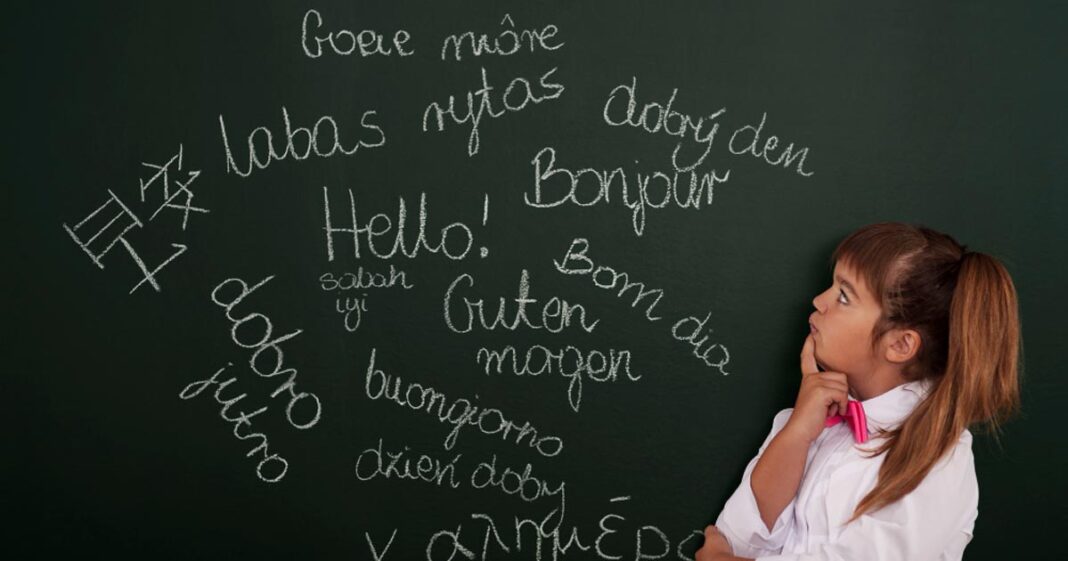
In a country as linguistically diverse as India, language is not just a medium of communication—it’s a career goldmine. As industries embrace regional voices and global networks expand, language literacy is no longer confined to classrooms and literature departments. It’s becoming a powerful tool for professional success across education, media, publishing, diplomacy, and the digital economy.
From Hindi to Mandarin, from English literature to Japanese fluency, young Indians are discovering the power of words to shape careers, tell stories, and bridge cultures.
India’s Linguistic Wealth: A Hidden Asset
India officially recognizes 22 languages under the Eighth Schedule of the Constitution and boasts more than 19,500 dialects. This multilingual heritage has long been a cultural strength, but now it’s also an economic one. Companies, publishers, OTT platforms, and even governments are tapping into regional languages to reach wider audiences and drive inclusion.
“Earlier, we needed translators only in courts or embassies. Today, e-commerce brands want their websites in Tamil, Netflix wants subtitlers in Assamese, and YouTube influencers are going viral in Bhojpuri,” says Dr. Meera Bansal, Head of Linguistics at Delhi University.
Language Careers: Beyond Teaching and Translation
While teaching and translation remain the most traditional careers for language learners, the modern job market is redefining these roles.
- Content Creation & Digital Writing:
With SEO-focused blogging, regional news portals, and social media platforms booming, skilled writers in languages like Hindi, Bengali, and Marathi are in high demand. English writers continue to thrive, especially in edtech, publishing, and advertising. - Subtitling & Dubbing for OTT:
Streaming giants like Netflix, Amazon Prime, and SonyLIV are aggressively dubbing and subtitling their content in Indian languages. These platforms need linguists who can balance accuracy with cultural nuance. - Corporate Communication & Foreign Language Experts:
Multinational companies operating in India are hiring French, German, Japanese, and Mandarin speakers for customer service, tech support, and even HR roles. Language skills often come with premium salary packages. - Government & Diplomacy:
Language literacy is also vital in foreign service, international relations, and cultural diplomacy. Proficiency in Arabic, Russian, or Chinese can open doors in embassies, the UN, or Indian missions abroad.
Real-Life Inspiration: Indian Success Stories
Anjali Sharma, a 24-year-old from Lucknow, turned her love for Urdu poetry into a career. After completing her MA in Urdu from Jamia Millia Islamia, she now works with Rekhta, a digital archive of Urdu literature, curating ghazals and writing annotations for global audiences. “My job didn’t exist a decade ago. Now, I get paid to preserve and promote my mother tongue,” she shares.
In another inspiring case, Rohan Mehta, a French language graduate from JNU, landed a job at Dassault Aviation as a technical interpreter. His fluency helped him translate engineering manuals during the Rafale deal between India and France. “Learning French gave me a career I never imagined—at the intersection of language and aerospace technology,” he says.
Top Institutions Nurturing Language Careers
India houses some of the best institutions for language education:
- Jawaharlal Nehru University (JNU), New Delhi – for foreign languages like French, Spanish, and Mandarin
- English and Foreign Languages University (EFLU), Hyderabad – a national hub for linguistics and translation
- Delhi University, Banaras Hindu University (BHU), and Jamia Millia Islamia – known for Indian languages, Urdu, Hindi, and Persian
- Private language institutes like Alliance Française (French), Goethe-Institut (German), and Instituto Cervantes (Spanish) provide globally recognized certifications
These institutions not only offer degrees but also practical exposure through internships, exchange programs, and language labs.
The Role of EdTech and Freelancing
Online platforms such as Unacademy, Udemy, and Duolingo have transformed how Indians learn and teach languages. Many language professionals now offer courses, create YouTube tutorials, or provide freelance translation services. Platforms like Fiverr and Upwork host thousands of Indian language experts earning from clients worldwide.
According to a report by Nasscom, India’s language services industry is expected to grow at 18% CAGR through 2025, fueled by regional content consumption and localization needs.
Challenges and the Road Ahead
While the scope is vast, the field is not without its challenges. There’s a lack of formal training for many regional languages, and salaries in the initial years can be modest. Also, the gig economy demands self-promotion and tech-savvy skills beyond just language fluency.
But with the New Education Policy (NEP 2020) promoting multilingual education and the rising demand for inclusivity in media and governance, the future looks promising.
“Language is not just about grammar anymore,” says Prof. Dinesh Kaul, a linguist at Visva-Bharati University. “It’s about identity, commerce, and connection. The ones who master it will always stay relevant.”
Conclusion: Word Power is Career Power
In an era where AI writes emails and voice assistants translate on the go, the human touch of language—its rhythm, its emotion, its cultural context—remains irreplaceable.
For young Indians passionate about words, stories, and communication, language literacy is more than just a skill. It’s a passport to global careers, a bridge between communities, and a powerful voice in shaping the India of tomorrow.




